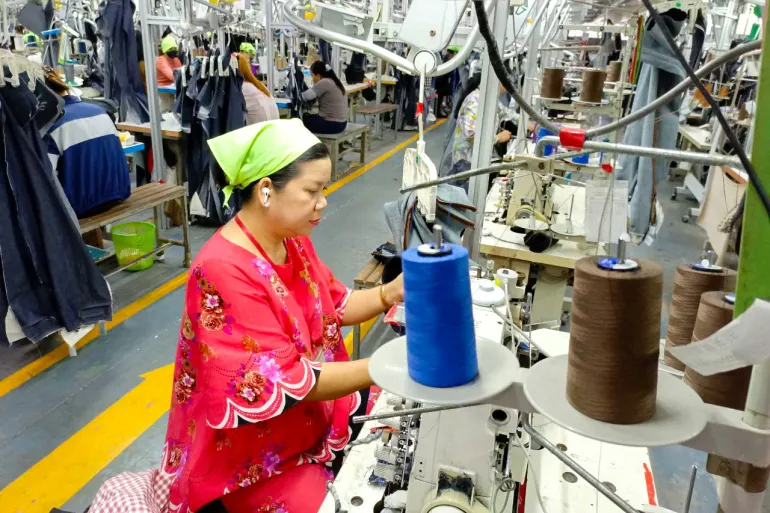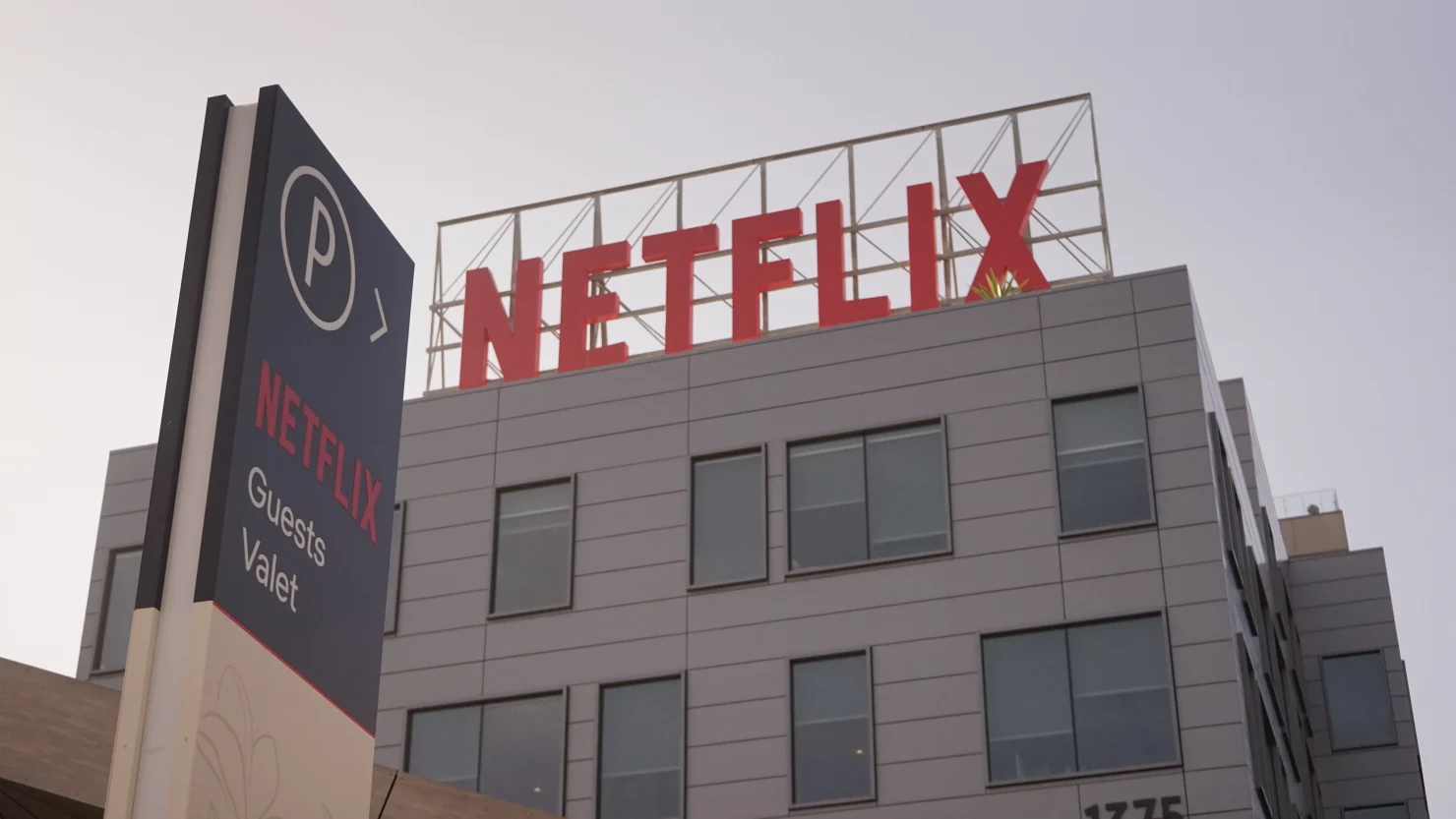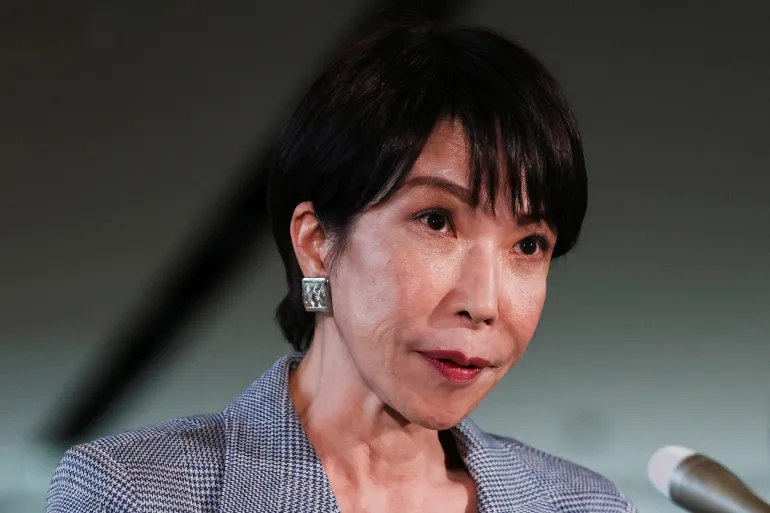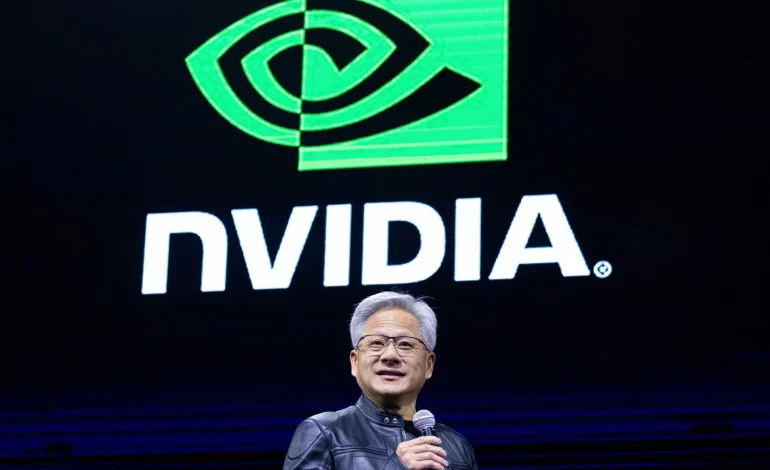Chinese technology companies are rapidly placing orders for Nvidia’s H20 artificial intelligence chips, anticipating the resumption of sales following a pause triggered by US export restrictions.
The development comes just days after Nvidia CEO Jensen Huang met with US President Donald Trump and amid signs of easing tensions between Washington and Beijing.
The H20 GPU, which was specifically designed for the Chinese market, was subject to a ban under US export controls imposed earlier this year due to national security concerns. These restrictions, designed to limit China’s access to advanced AI technologies, were expected to reduce Nvidia’s revenue by $15 billion. However, the company now claims it has received assurances from the US government that licenses will be granted soon, allowing shipments to resume.
“The US government has assured Nvidia that licences will be granted, and Nvidia hopes to start deliveries soon,” the company said in a statement.
Nvidia is currently compiling a “whitelist” of approved Chinese buyers and expects to send those applications to US authorities for approval.
Major Chinese internet firms such as ByteDance and Tencent are reportedly among those seeking to acquire the H20 chips. Though both companies declined to comment, sources told Reuters that they are actively preparing applications to purchase the GPUs.
The United States recently permitted the resumption of some chip design software services in China, while Beijing has relaxed some export controls on rare earth materials. Industry observers see this as part of a larger, informal agreement to de-escalate trade tensions.
Despite the impending resumption of H20 sales, Chinese companies are continuing to diversify their supply chains in order to reduce their reliance on a single supplier.
“The uncertainties between the US and China remain high,” said He Hui, research director of semiconductors at Omdia. “Even with a pause in the H20’s ban, firms are planning for long-term resilience.”
Nvidia has also announced the launch of a new AI chip for China—the RTX Pro GPU—which it describes as fully compliant with US export controls and suitable for applications such as smart manufacturing and logistics. The new product is expected to offer a more affordable option compared to the H20, while also meeting regulatory requirements.
The potential revenue from resuming H20 shipments is substantial. Analysts estimate that Nvidia could recoup as much as $20 billion, depending on how quickly licenses are approved and deliveries begin. The company may also reverse a $5.5 billion impairment charge taken earlier this year when it was forced to write off H20 inventory.
Financial markets responded positively to the news. Nvidia’s shares rose 5% in premarket trading, while rival chipmaker AMD, which has also been affected by export restrictions, gained more than 3%.
Jensen Huang’s visit to Beijing is being closely watched in both countries. He is scheduled to speak at a supply chain expo and has reiterated the importance of China to Nvidia’s global strategy.
“The Chinese market is massive, dynamic, and highly innovative,” Huang told Chinese state broadcaster CCTV. “It is crucial for American companies to establish roots in the Chinese market.”
However, his trip has drawn scrutiny from US lawmakers. A bipartisan group of senators recently urged Huang to avoid contact with Chinese entities linked to military or intelligence organizations.










The latest news in your social feeds
Subscribe to our social media platforms to stay tuned